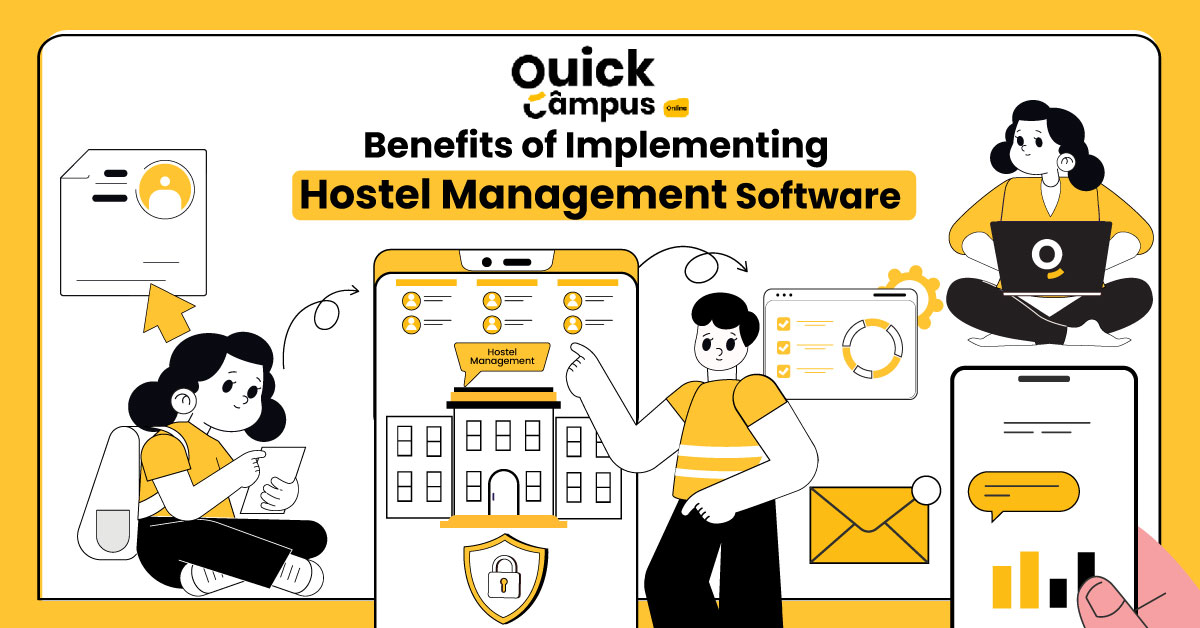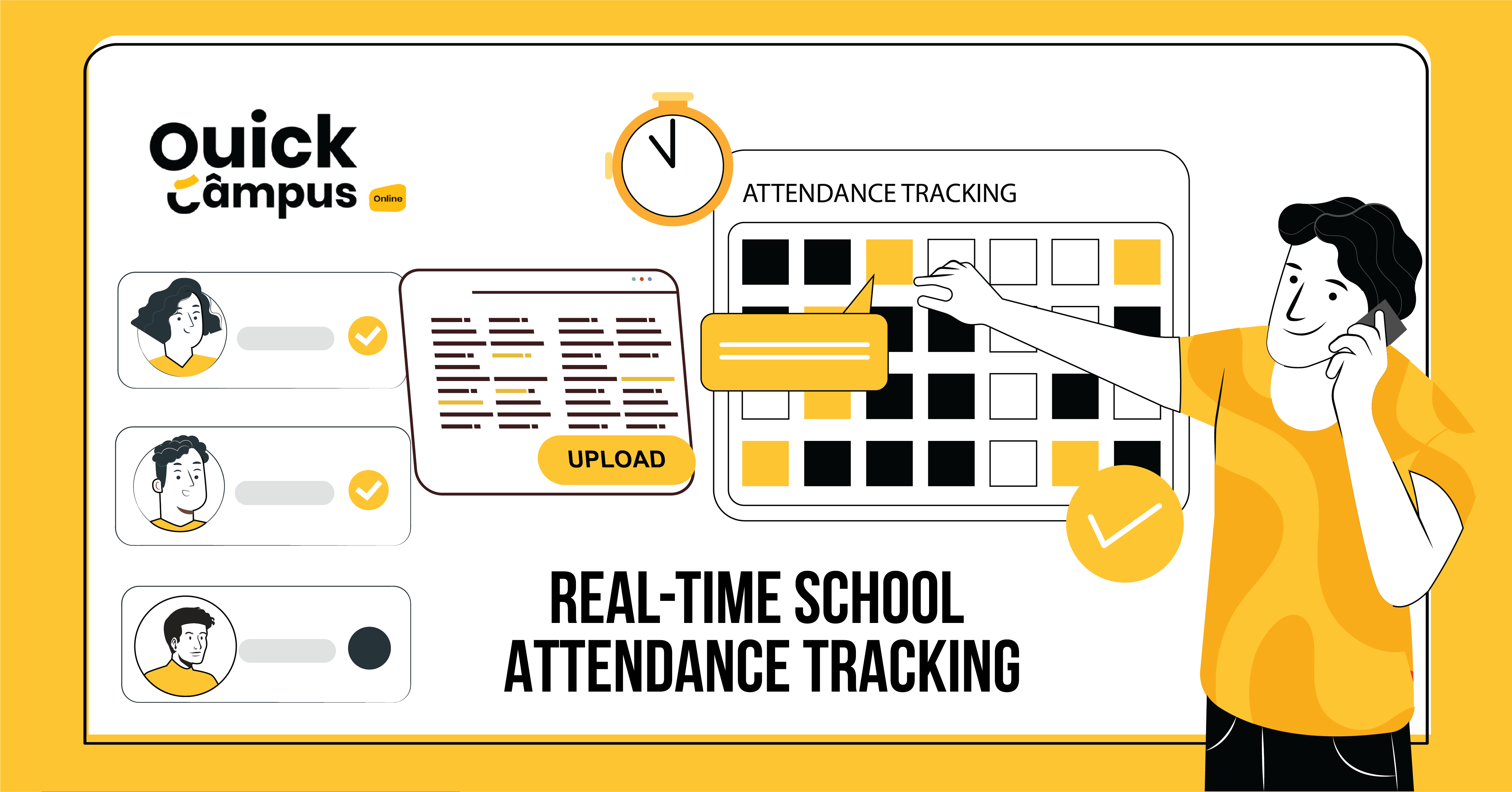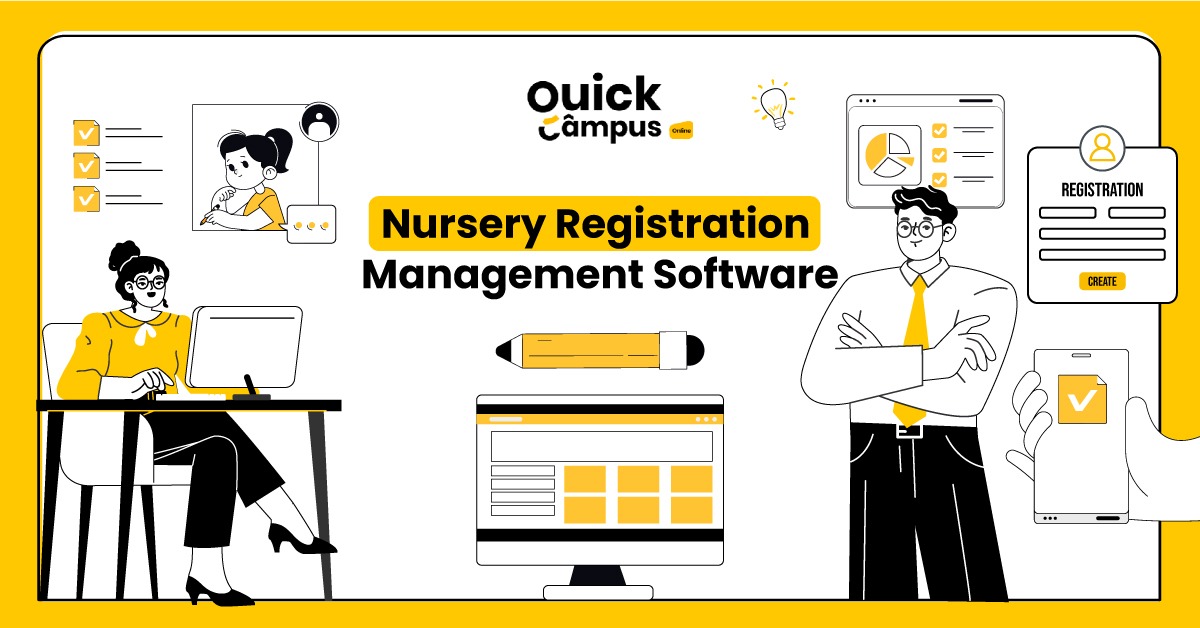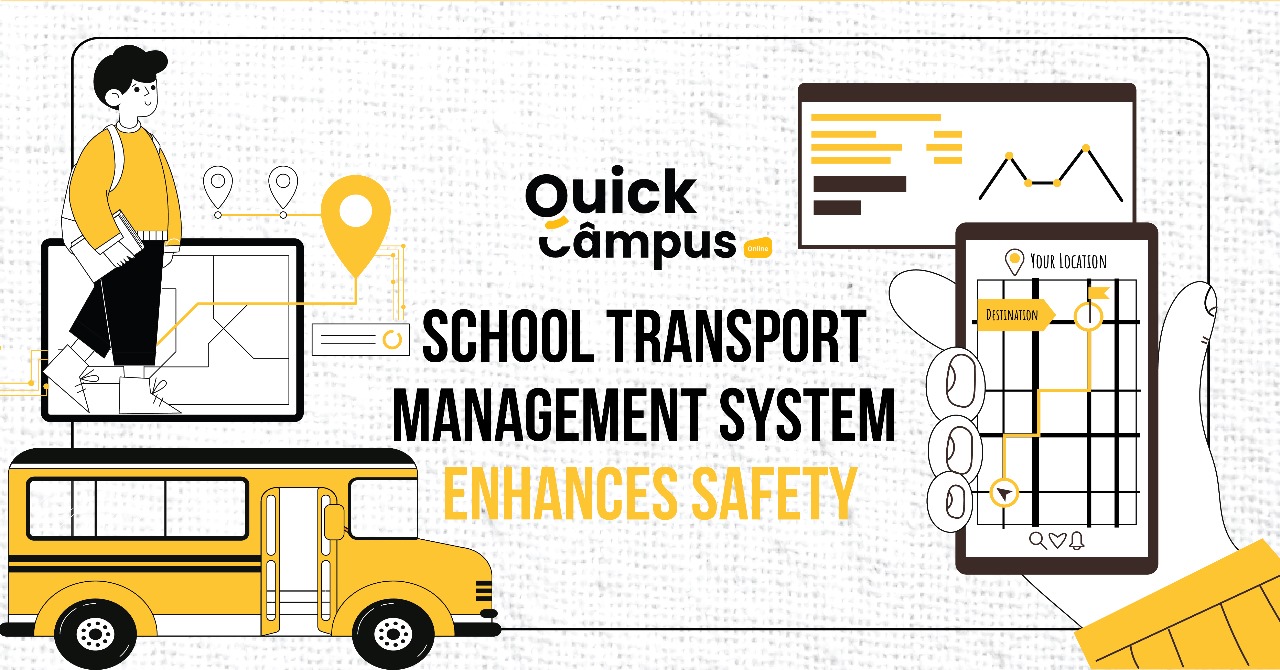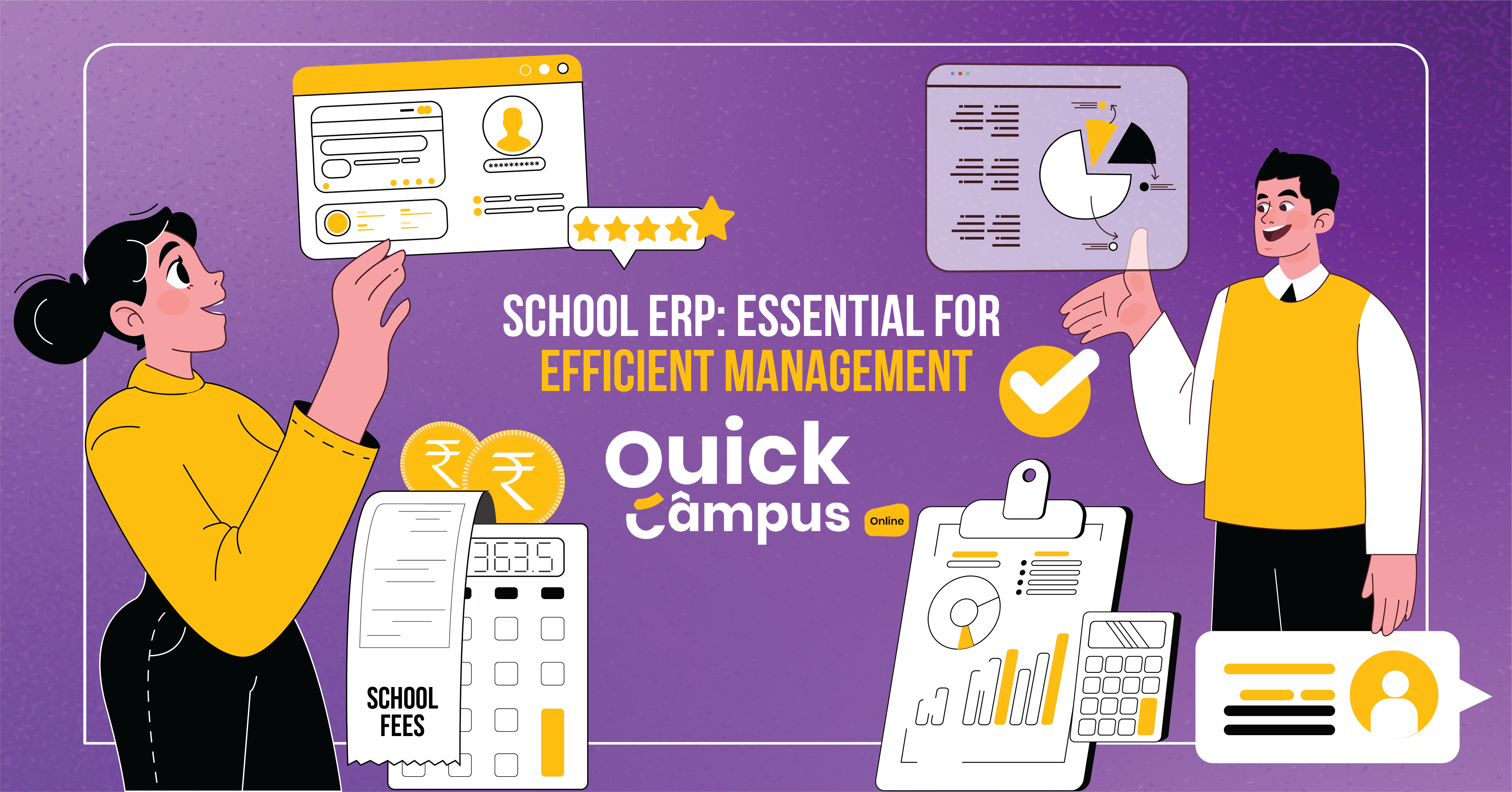What Is Remedial Teaching? Meaning, Benefits, Strategies
For Students having difficulty with particular academic subjects or skills, remedial instruction is like having a superhero on duty. Imagine yourself journeying through the realm of education. When all of a sudden, you come across a challenging roadblock that you are unable to get beyond on your own. You can overcome those challenges with the aid of this remedial teaching.
Put yourself in a math class, you’re having trouble with fraction issues, even if everyone else is working on them. Remedial instruction then becomes necessary, acting as a comforting companion. It provides additional support and practice to increase your comprehension of the issue, frequently through arithmetic-focused activities.
Nevertheless, remedial education isn’t the only solution your faculty needs; it also delves into creative and unconventional approaches to help you understand and improve your learning.
Meaning Of Remedial Teaching
In remedial teaching, educators provide individualized education approaches to aid students struggling with specific worldwide skills. They offer additional support and practice tailored to students’ needs, enabling them to achieve their educational goals and objectives.
Benefits Of Remedial Teaching
Incorporating remedial teaching into educational practices yields numerous benefits, enriching the learning experience:
1. Personalized Support
Remedial education provides personalized support to students to understand tricky subjects at their own pace. It uses the micro-teaching approach to ensure that no one fails in the journey to academic success. No one should be left behind.
2. Improved Understanding
With extra practice and guidance, students tackle difficult concepts with ease and develop a newfound sense of confidence in their abilities. As they delve deeper into challenging topics, they see the connections between different ideas, fostering a richer understanding of the subject matter.
3. Bridging Learning Gaps
Remedial teaching serves as a supportive bridge for students who may have missed lessons or encountered difficulties with certain topics, ensuring that no gaps in understanding hinder their academic progress.
4. Enhanced Academic Performance
Enhanced academic performance in remedial teaching refers to significant improvements in a student’s learning outcomes after receiving targeted support. It includes better grades, increased comprehension of subjects, peer-to-peer learning, improved study habits, and enhanced confidence in their academic abilities.
5. Increased Confidence
Increased confidence in remedial teaching means that students feel more sure of themselves and their abilities in school subjects. They might feel more willing to participate in class, ask questions when they don’t understand, and try harder on their assignments. Essentially, it’s about students feeling better about their skills and believing they can succeed academically with the help they’re receiving.
6. Individualized Approach
In remedial teaching, an individualized approach means giving each student the help they need based on their own strengths and weaknesses. Teachers don’t use the same method for everyone. Instead, they look at what each student is good at and what they need help with and then make a plan that works just for them.
7. Prevention of Further Challenges
Preventing more problems in remedial teaching means stopping issues from getting bigger by helping students early. The duties of teachers are to find where students are struggling and give them special help to fix problems before they become too hard.
8. Positive Learning Experience
More help in language learning means that the teacher carefully understands the needs of each student. They provide them with a friendly and sympathetic environment. Where everyone feels equal. Teachers use a variety of methods that match each student’s learning style. When students perform well, teachers encourage them. There should be an effective teacher and student communication to motivate students for their development.
9. Lifelong Skills
Lifelong skills in remedial teaching are like superpowers that help students throughout their lives. It’s stuff like being able to talk well, solve problems, think carefully, read, do math, and manage themselves. These skills are like keys that unlock doors to success in school and beyond, making life easier.
4. Empowerment
Empowerment in remedial teaching is like giving students confidence and skills to do great in their learning journey. It’s about making them feel strong and capable, helping them believe in themselves, and showing them they can handle anything that comes their way. When students feel empowered, they’re like superheroes, ready to tackle any challenge and succeed.
Remedial Teaching Strategies
Remedial teaching helps students overcome challenges and reach their full potential. Here are some effective strategies:
1. Individualized Instruction
Tailor-teaching: Identify each student’s strengths, weaknesses, learning styles, and pace. Modify lesson plans, use different teaching methods, and provide targeted resources to cater to individual needs
2. Multi-sensory Learning
Engage- different senses: People learn and retain information better through various modalities. Use visual teaching aids, manipulatives, auditory tools, and kinesthetic activities to cater to diverse learning styles.
3. Breaking Down Concepts
Chunking: Break down complex concepts into smaller, more manageable steps. This helps students understand the information gradually and build towards mastery.
4. Scaffolding
Provide temporary- support: Offer guidance and assistance as students tackle new concepts. Gradually lessen the support as their confidence and understanding grow, eventually leading to independent learning.
5. Regular Feedback and Assessment
Monitor- progress: Regularly assess student understanding through formative assessments and provide constructive feedback to identify areas of need improvement and celebrate successes.
Interactive tools: Utilize educational apps, games, and simulations to enhance learning and make it more engaging. Technology can provide additional practice, visual representations, and interactive exercises.
6. Positive Reinforcement and Encouragement
Celebrate- progress: Focus on effort and improvement, not just the result. Use positive reinforcement and encouragement to build self-esteem and create a supportive learning environment.
7. Collaboration and Peer Support
Peer-learning: Encourage students to work together and learn from each other. It can involve peer tutoring, group projects, or collaborative learning activities.
8. Building Confidence and Motivation
Focus- strengths: Help students discover and build upon their strengths to foster self-confidence and intrinsic motivation for learning, like self-learning students.
9. Communication and Collaboration
Teamwork: Collaborate with parents, other educators, and specialists to develop a comprehensive approach and ensure all involved are informed and working towards the student’s success.
Conclusion
Remedial teaching is all about giving students extra support when they need it with the teacher capacity building programme teachers understand each student’s struggles and help them in ways that work best for them. With care and effort, these teachers help students feel confident and capable of overcoming any obstacles that come their way. It’s a journey of progress and success, where every achievement, big or small, is celebrated, paving the path for a future full of opportunities.

